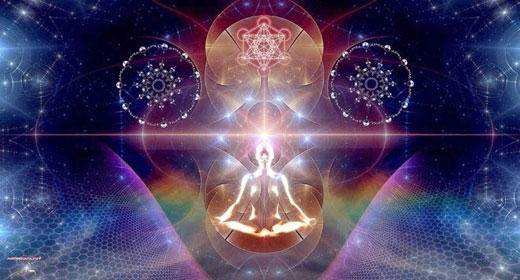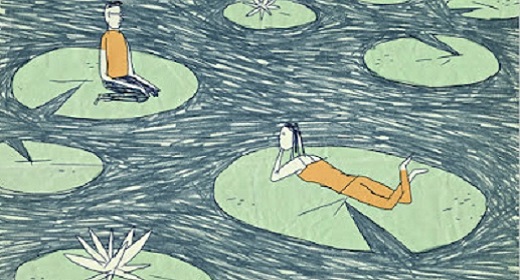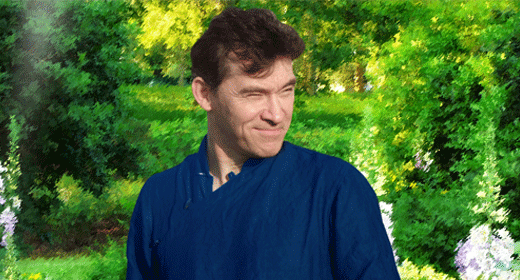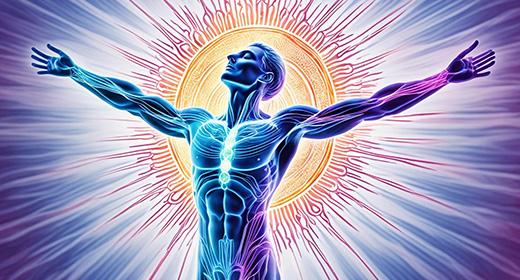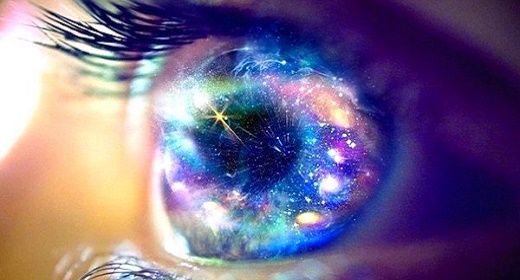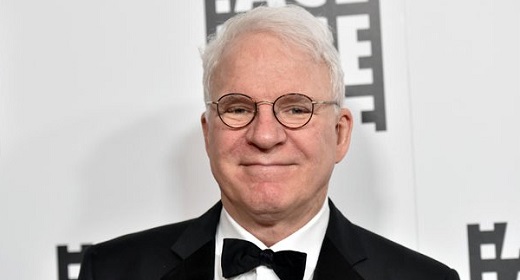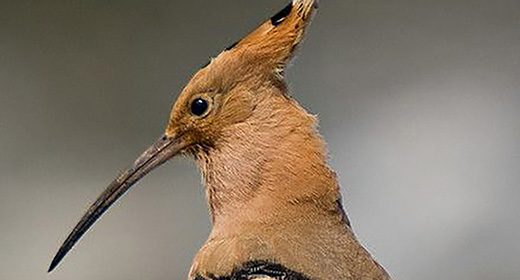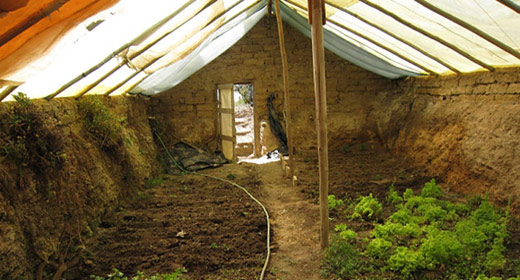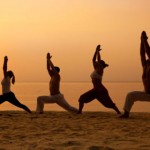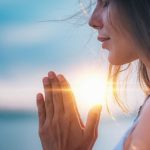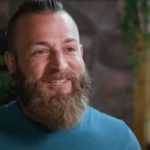by Sanannah King: Moments before the Dalai Lama took the stage at Emory University in Atlanta, the chattering crowd grew respectfully quiet.
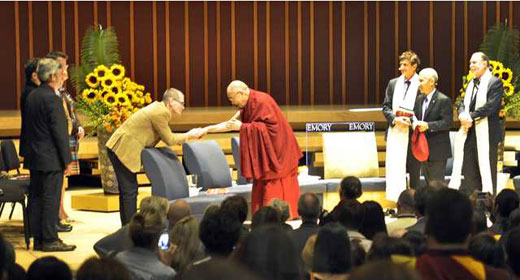
The exiled spiritual leader of Tibet and Nobel Peace Prize recipient paused for a moment on the corner of the stage and laughed as he adjusted his microphone in the folds of his red and gold gown. He shrugged and walked across the stage bowing and waving to the crowd.
Regardless of their religious traditions, thousands of people traveled to Atlanta this week to listen to His Holiness the 14th Dalai Lama, Tenzin Gyatso.
According to The Dalai Lama’s website,www.dalailama.com, he is believed to be the reincarnation of the previous 13 Dalai Lamas and the Bodhisattva of Compassion and the patron saint of Tibet. Bodhisattvas are considered to be enlightened beings who have chosen to be reborn through reincarnation to serve humanity.
When he was 15 years old, the Dalai Lama assumed political power of Tibet after the Chinese invasion in 1950. He has been living in exile in Dharamsala, India, since 1959.
The Dalai Lama gave several public talks this week at the university where he is a presidential distinguished professor. It was his third such visit since 2007.
Many North Georgia residents took the opportunity to see the religious leader up close. A large public lecture event was Tuesday morning at the Gwinett Center Arena.
Scott Hinchman, program director of The Agora House, a residential treatment center for men recovering from addiction in Gainesville, attended the event with six of the program’s residents.
“It was really nice,” Hinchman said. “It was a really rare opportunity that most people will never have in a lifetime to see a holy man like that. We compared it to a Catholic seeing the Pope. It was neat and everyone was really grateful for that opportunity.”
The theme of the Dalai Lama’s visit this year was “secular ethics”— the shared values among the world’s religions. Chief among those values is the practice of compassion.
During a speaking event Wednesday afternoon, the Dalai Lama discussed ethics and answered questions from the university’s faculty. With the aid of a translator, the Dalai Lama said people of all backgrounds share a common desire for happiness and all religions have the common goal of helping people on a path to happiness.
“Since all are created by God, some of my Christian friends mentioned, since we are all created by God and this world is created by God. So God is something of an infinite amount. Since our creator is full of love and compassion so we also have some seed or some sort of spark,” the Dalai Lama said.
He said this idea — similar to the Buddhist concept of a “Buddha nature,” — makes compassion, kindness, self confidence and communication very important.
The Dalai Lama paused for a moment before addressing a member of the university’s faculty who admitted he was not religious. The Dalai Lama said he thinks if the choice is between being hopeless and having hope, he thinks hope is better.
“With hope there is a greater chance of smile,” the Dalai Lama said, laughing and reaching a hand out to the panelist.
The Dalai Lama told the audience the most important thing is to live in a meaningful and compassionate way. He said living a miserable life would not fulfil the purpose of our creation , but living a happy life would.
The Dalai Lama also spoke about the importance of family and community and bringing children up in a positive environment.
Lisa Burke attended the event Tuesday with her husband, James Burke, a local chiropractor, and their children. Burke said her family is “all about transformation.”
“His message is exactly what we’ve been living,” said Burke, who brought her children to the event because it was a unique learning opportunity. “What I got was a lot of affirmation.”
Hinchman decided to take his group to hear the Dalai Lama because many of his teachings are reflected in the 12-step program.
“He talked about the kindness that we can do as individuals to change something on a planetary level,” Hinchman said. “To change something across the world, really it has to start with ourselves. That sounds like recovery there as well. It’s the individual that has to change.”
Hinchman said some of the residents were skeptical prior to attending the event but afterward the group got lunch and discussed the lecture. Hinchman said the group found several similarities between the recovery program, Christian scripture and the Dalai Lama’s teachings.
“This isn’t a Buddhism thing,” Hinchman said. “I don’t preach Buddhism and I don’t practice Buddhism. Do I believe that there are some aspects of it that are a part of our spirituality? I absolutely do. Do I think there are pieces that any family can benefit from? Absolutely. Do I think society in general can take something away from it and learn something? I certainly do.”

